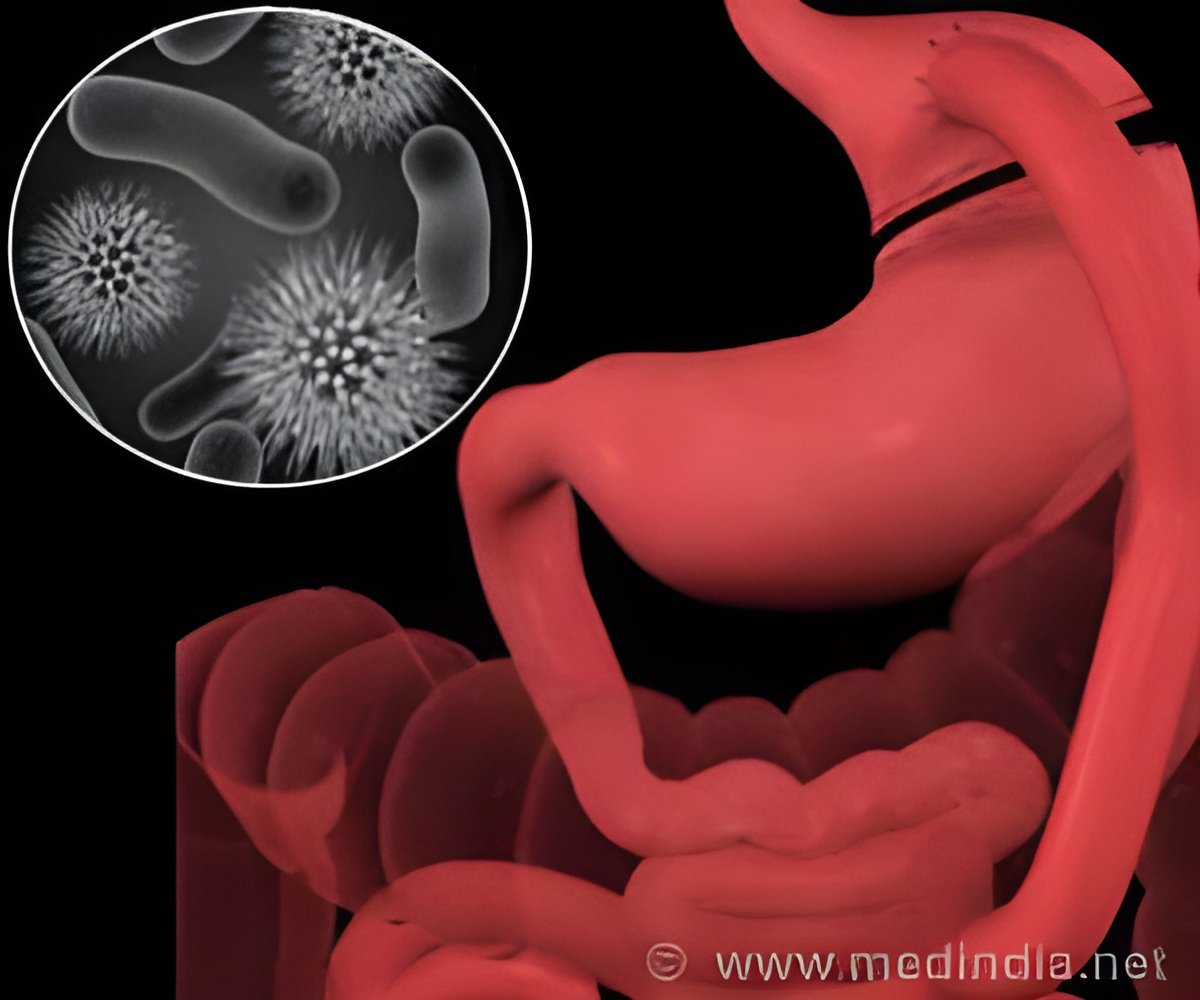As compared to children without the condition, those affected by autism spectrum disorder may have a higher concentration of bacteria produced chemicals known as metabolites in their feces

Increasing evidence suggests that children with ASD have altered gut bacteria. In order to identify possible microbial metabolites associated with ASD Kang and his colleagues looked for and compared the compounds in fecal samples from children with and without ASD. They found that children with ASD had significantly different concentrations of seven of the 50 compounds they identified.
"Most of the seven metabolites could play a role in the brain, working as neurotransmitters or controlling neurotransmitter biosynthesis," says Kang. "We suspect that gut microbes may alter levels of neurotransmitter-related metabolites affecting gut-to-brain communication and/or altering brain function."
Children with ASD had significantly lower levels of the metabolites homovanillate and N,N-dimethylglycine. Homovanillate is the breakdown product of dopamine (a major neurotransmitter), indicating an imbalance in dopamine catabolism (the breaking down in living organisms of more complex substances into simpler ones with the release of energy). N,N-dimethylglycine is a building block for proteins and neurotransmitters, and has been used to reduce symptoms of ASD and epileptic seizures.
The glutamine/glutamate ratio was significantly higher in children with ASD. Glutamine and glutamate are further metabolized to gamma-aminobutyric acid (GABA), an inhibitory neurotransmitter. An imbalance between glutamate and GABA transmission has been associated with ASD-like behaviors such as hyper-excitation.
Using next-generation sequencing technology, the researchers also were able to detect hundreds of unique bacterial species and confirmed that children with ASD harbored distinct and less diverse gut bacterial composition.
Advertisement
Advertisement












